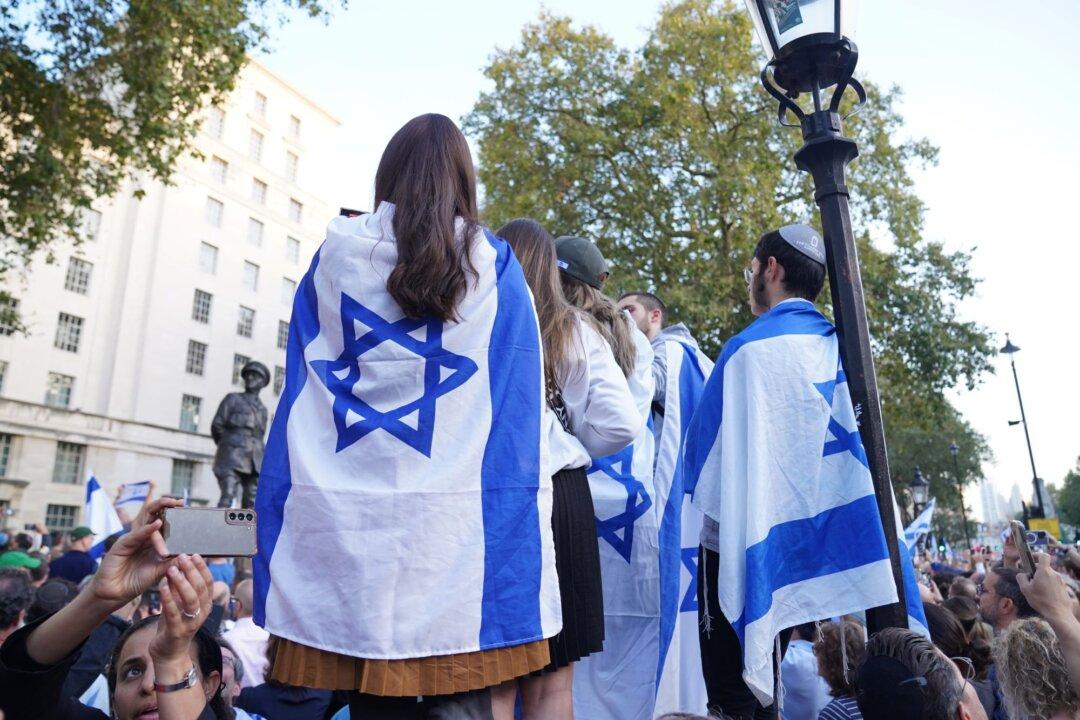The Hamas attacks on Israel on Oct. 7 and the subsequent upsurge in anti-Semitism has had an “absolutely profound” effect on Britain’s Jewish community, MPs have been told.
Dave Rich, the director of policy at the Community Security Trust (CST), told the House of Commons Home Affairs Select Committee the “absolutely horrific” attacks by Hamas, that killed 1,200 people had, “sent shockwaves through the Jewish community” in Britain and around the world.





